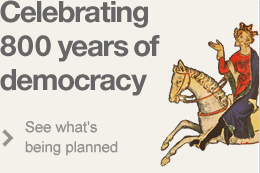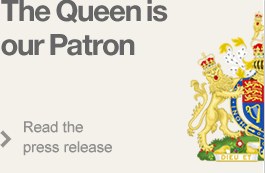The Habeas Corpus Act of 1679, was passed during the reign of the restored monarchy of Charles II after the English Civil War. It strengthened the ancient and powerful writ which had been a feature of English Common Law since before Magna Carta. It served to safeguard individual liberty, preventing unlawful or arbitrary imprisonment. Habeas Corpus is Latin for “you may have the body” – subject to legal examination before a court, or a judge.
Featured Article
Magna Carta, or as it is properly called the Great Charter of Liberty, was born on 15 June 1215 at Runnymede when King John – Bad King John as he is more commonly known – was persuaded to accede to a number of demands made...
Read on...Recent Articles
- Magna Carta's American Adventure
- 800th anniversary of Bristol...
- Bristol 800 concert and...
- Emancipation and Magna Carta
- Terrorism and Tolerance -...
- Magna Carta
- Magna Carta Benches mark...
- ABA Magna Carta Memorial...
Stay updated
If you would like to keep informed about the work of the Magna Carta Trust and our partners, please sign up to the newsletter below.
Become a Supporter
There are a number of significant supporter opportunities. Register your interest early to ensure the widest range of options.
Find out more




